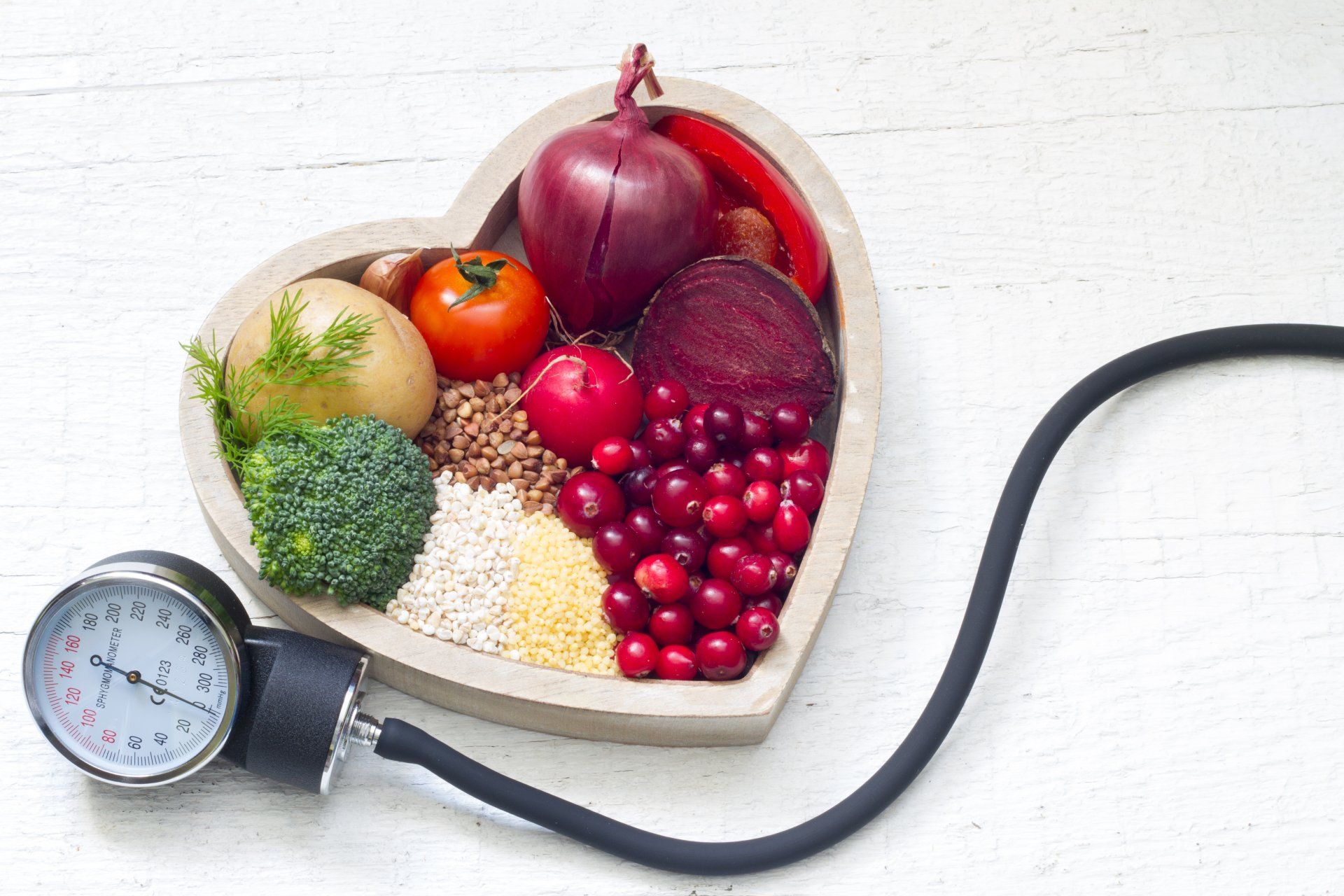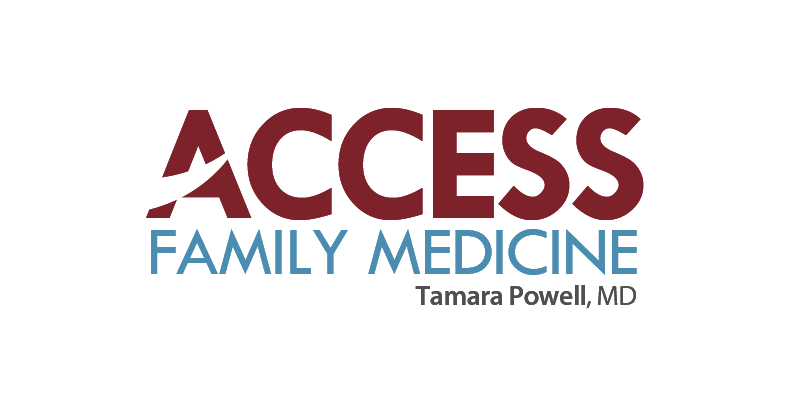Oregon Health Authority Director Patrick Allen and Governor Kate Brown provided an update on COVID-19 in Oregon. There’s a lot to report:
- We expect to have vaccinated Oregonians age 65 and older who want a vaccine by early April, a month sooner than we previously estimated, due to an increase in federal allocation of vaccine doses.
- This means that we now expect to be able to begin vaccinating front-line workers and people with chronic conditions by early April.
- That said, as our Oregonians ages 80 and older become eligible on Monday, we expect there will be some frustration due to the limited supply. But we’re supporting older adults and the people who care about them or care for them through new web tools and staffed up 211 lines (supported by the Oregon National Guard) that will connect them to vaccine information.
So how can older adults get a COVID-19 vaccine?
- Like other eligible adults, seniors can get vaccinated through local public health authorities or their partners, hospitals, public vaccination clinics and in long-term care facilities.
- Starting soon, some seniors will be able to get vaccinated at some retail pharmacies.
- In most counties, older adults won’t be able to get vaccinated at a doctor’s office, though some counties are making that possible.
- The options available will depend on the county in which the person lives.
Here are some of the ways you can stay informed:
- New tools on covidvaccine.oregon.gov: OHA’s vaccination website features facts about COVID-19 vaccines.
- Starting next week, the website will feature a new tool, “Get Vaccinated Oregon.” This will allow people to determine if they are currently eligible for a vaccine and register to get email alerts or text notifications when they become eligible. Once you’re eligible, the tool will help direct you to vaccine events in your area. This tool will be open to all Oregonians. Using this tool does not provide a "place in line," but it will help you find a vaccine event in your area.
- As of today, updated vaccine information by county is posted at covidvaccine.oregon.gov.
- For people in the Portland-metro area, a chat bot on the site is available to link you to local events.
- Get vaccine information from 211: Older Oregonians can also text ORCOVID to 898211 to get text/SMS updates about vaccination clinics (available in English and Spanish). Seniors can also email ORCOVID@211info.org.
- If you can’t get your COVID-19 vaccine question answered on the website, by text, or by email, you can call 211 or 1-866-698-6155, which is open from 6 a.m. to 7 p.m. daily, including holidays.
- Please be aware that wait times may be long due to high call volumes.
Finally, pharmacy partners are vaccinating residents and staff at most licensed facilities for older adults and people with disabilities. Residents (or family members) can ask their facility operator when their residence is scheduled for a vaccination clinic.
Learn more about COVID-19 vaccinations
To learn more about the COVID-19 vaccine situation in Oregon, visit our webpage (English or Spanish), which has a breakdown of distribution and other information.
____________________________________________________________________________________________________________________________________
US COVID-19 deaths remain high despite falling cases
Several states, including New Jersey, Massachusetts and Rhode Island, are starting to relax COVID-19 restrictions amid the decline in new cases and hospitalizations, but experts said Americans should remain cautious and be prepared for another surge due to the emergence of new COVID-19 variants, particularly the B.1.1.7 variant, which have been detected in 33 states. New CDC records showed almost 28 million people, or around 8.5% of the US population, have now received at least one dose of a COVID-19 vaccine, and though new infections and hospitalizations are falling, the daily COVID-19 deaths have remained relatively high for weeks, reaching 4,805 fatalities on Thursday, the most number of deaths in a single day. Full Story: CNN (2/5)
____________________________________________________________________________________________________________________________________
Grief and mental health support resources
If you are experiencing loss, know that you aren’t alone.
Local mental and emotional health resources for support can be found on the Safe + Strong website, including peer support, community-based resources and crisis lines. You can also call the Safe + Strong Helpline at 1-800-923-HELP (4357). Callers can get free, 24-7 emotional support and resource referral to anyone who needs it.
If you are grieving, or supporting someone who is, these resources may bring you some comfort:
The Dougy Center has information on
supporting grieving children and teens
during the COVID-19 crisis as well as
a resource page
for family and friends.
The COVID Grief Network provides connection for young adults grieving the illness or death of someone close.
The Centers for Disease Control and Prevention offer suggestions on grief and loss during the pandemic.
“Refuge in Grief” author Megan Devine has pages devoted to grievers and their helpers, as well as the video below about how to help a grieving friend:
Study: 37 million deaths prevented by vaccines
(this is not related to the Covid-19 vaccines, but I thought it showed how vaccines in general are helpful)
Researchers examined vaccination programs in 98 countries and found that vaccines against 10 major diseases -- including hepatitis B, human papillomavirus, rotavirus and measles -- averted an estimated 37 million deaths between 2000 and 2019 in low- and middle-income nations globally. The findings in The Lancet also showed that deaths from these 10 diseases among children under age 5 years would be 45% higher without vaccination. Full Story: HealthDay News (2/4) ____________________________________________________________________________________________________________________________________
Getting COVID-19 is not your fault
Wearing a mask, keeping six feet apart, limiting gatherings and staying home when we can. These are all precautions we’ve gotten used to taking. Without these precautions, there would be many more cases of COVID-19. But it’s important to realize that even a person who is careful may still get COVID-19.
Testing positive for COVID-19 and all the stress and illness that can come with it may bring up a lot of complicated feelings. If you have COVID-19, it’s not your fault. Please be gentle with yourself.
We can’t know what circumstances might have led to a person getting COVID-19, and it’s not helpful for anyone if we blame them for it. It’s also not helpful to blame ourselves. Blaming people can stigmatize people. Thinking well of others helps us avoid that stigma.
Here are some ways you can support someone with COVID-19:
- Show empathy. Think about how you might feel if you were in their place.
- Listen well. Taking the time to stop and listen to someone without interrupting can help them feel valued and supported.
- Ask what they need. You may be able to help someone out even by something as simple as making a phone call or picking up a few extra groceries the next time you go to the store.
To learn more on COVID-19 and stigma go to the Centers for Disease Control and Prevention website.
____________________________________________________________________________________________________________________________________
In case you missed it: Facebook Live Q&A on schools
We know parents have many questions about what school might look like this spring. Oregon Health Authority (OHA) hosted a Facebook Live event on Wednesday, Feb. 3. Oregon Department of Education Director Colt Gill and OHA Deputy State Health Officer and Epidemiologist Dr. Thomas Jeanne answered school-related questions. Watch the video in English or Spanish.
Here are the time stamps for the questions:
7:59 – If the teachers are vaccinated, why do we need to wait so long for our older children to go back to school?
10:02 – What is being done to support students with special needs who have been denied access to their IEPs?
11:49 – When will sports, particularly outdoor sports, be allowed for students?
13:48 – Won’t teachers need to be revaccinated, and how will that impact the reopening of schools?
14:44 – Why aren’t all school cases reported on the School Outbreak Report? I’ve heard of cases in Estacada, but don’t see those there?
17:45 – How are private schools that are already offering in-person instruction being overseen? How is compliance with state requirements being enforced?
19:50 – Since much is unknown about transmission of the virus in youth, what is the state doing to enhance contact tracing and data acquisition to assess transmission risk?
21:54 – My child’s classroom has no windows that open.
25:30 – Reviewing the plan for opening schools, it states that schools that are open are encouraged to stay open regardless of the local case load – is that accurate?
28:37 – I’m so eager for my child to return to school, but I’m at high risk for serious COVID-19 illness. Is there discussion around vaccinating parents?
29:22 – Will ODE adjust the [Ready Schools, Safe Learners guidance] post-vaccination?
29:55 – What timeline do you see for after-school programs that offer wraparound services to communities?
____________________________________________________________________________________________________________________________________
An analysis of age-specific mobility data from 10 million US adults showed individuals ages 20 to 49 accounted for almost two-thirds of new COVID-19 cases around the country through Oct. 31. The findings, published in Science, suggest "adults aged 20 to 49 [years] are a main driver of the COVID-19 epidemic in the United States and are the only age groups contributing disproportionately to onward spread, relative to their population size," study co-author Melodie Monod said in a press release. Full Story: United Press International
And finally, here is a link to the Josephine County Public Library’s newsletter, because there are a lot of cool things to look up, and learn, besides just borrowing books, at our local library: View Here
Take care!
Dr. Powell



